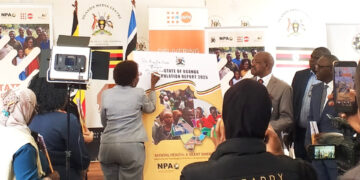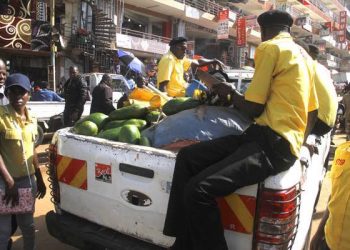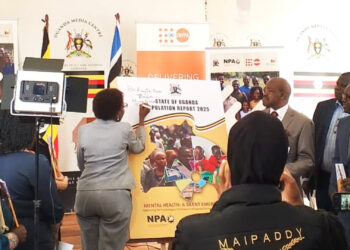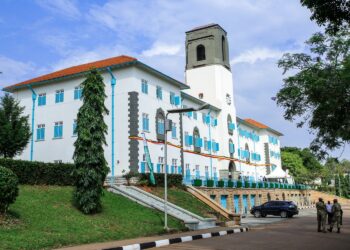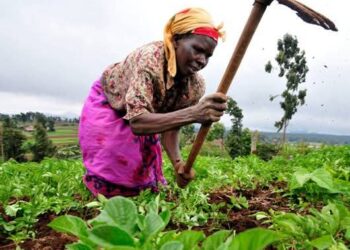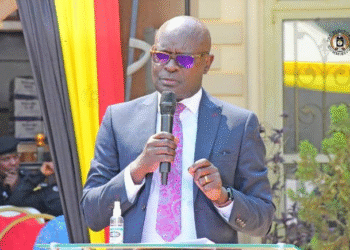By Leonard Kamugisha Akida,
KAMPALA
The long-neglected Nakivubo Channel, once synonymous with flooding, pollution and urban chaos in Kampala, is undergoing a major facelift following a partnership between businessman Dr. Hamis Kiggundu, Kampala Capital City Authority (KCCA), and guidance from the Confederation of African Football (CAF).
The drainage channel, which snakes through the central business district, has been one of the capital’s biggest urban challenges for decades, frequently causing floods and sanitation risks. Authorities now say its redevelopment will not only protect Kampala from perennial floods but also redefine the city’s image as Uganda prepares to host the Africa Cup of Nations (AFCON) in 2027.
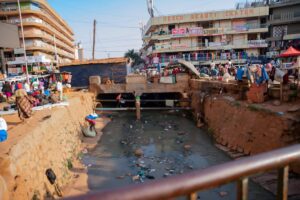 During recent inspection visits, CAF and African Nations Championship (CHAN) officials praised progress on the project, stressing that upgrading the channel to international standards is key to the country’s readiness for Africa’s premier football tournament.
During recent inspection visits, CAF and African Nations Championship (CHAN) officials praised progress on the project, stressing that upgrading the channel to international standards is key to the country’s readiness for Africa’s premier football tournament.
“The collaboration between public institutions and private investors such as Hamis Kiggundu is exactly what Kampala needs to address long-standing urban challenges. This is not only about AFCON; it is about leaving a permanent legacy of safety, beauty and functionality for city residents,” a KCCA official said.
Ham, who is financing the multimillion-shilling redevelopment, said the project is a commitment to national pride and community well-being.
 “Nakivubo Channel has been a source of floods, insecurity and loss of life for too long. This redevelopment is about giving Kampala a clean, safe and modern urban drainage system. It’s a responsibility we owe our people, and a statement that Uganda is ready for the future,” he noted.
“Nakivubo Channel has been a source of floods, insecurity and loss of life for too long. This redevelopment is about giving Kampala a clean, safe and modern urban drainage system. It’s a responsibility we owe our people, and a statement that Uganda is ready for the future,” he noted.
The redesigned channel will include underground flood-control chambers, solid waste filtration systems, pedestrian walkways and landscaped green spaces. Authorities say this will transform what was once an eyesore into a model of smart city design.
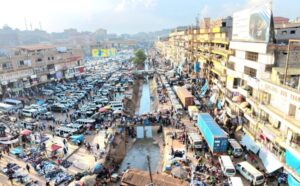 KCCA has aligned the works with its broader drainage master plan and is providing technical oversight to ensure sustainability. Officials describe the project as a model of self-driven development, relying on local investment rather than foreign aid.
KCCA has aligned the works with its broader drainage master plan and is providing technical oversight to ensure sustainability. Officials describe the project as a model of self-driven development, relying on local investment rather than foreign aid.
For traders and residents, the project promises relief from decades of disruption caused by floods and open sewage. For Uganda, it signals preparedness for AFCON 2027 and highlights the role of public-private partnerships in delivering transformative change.


















